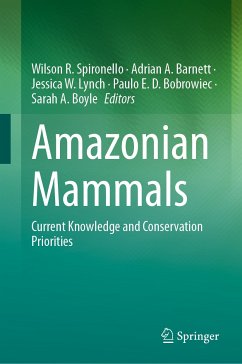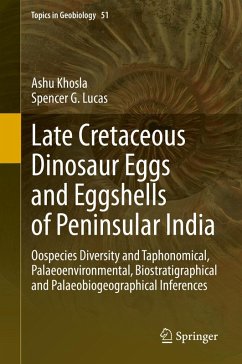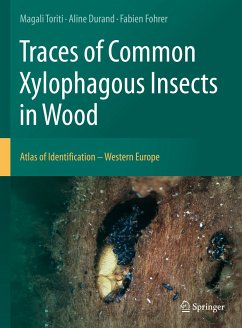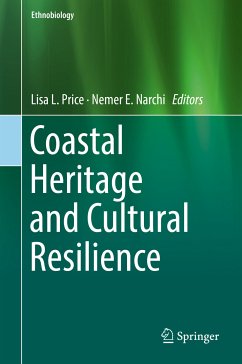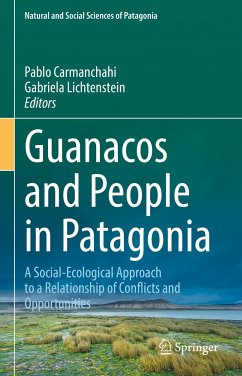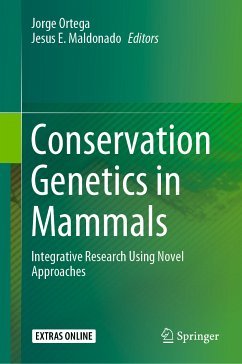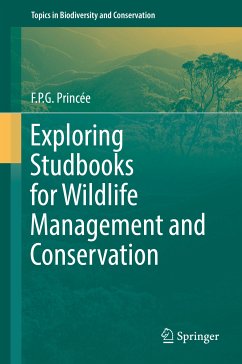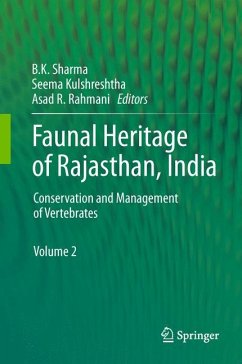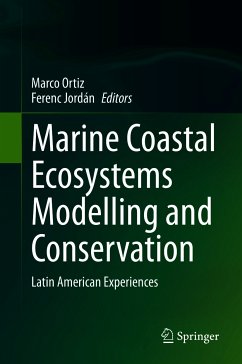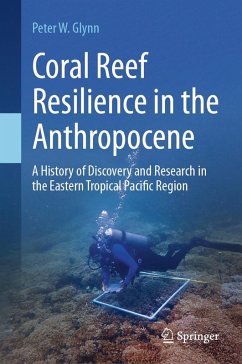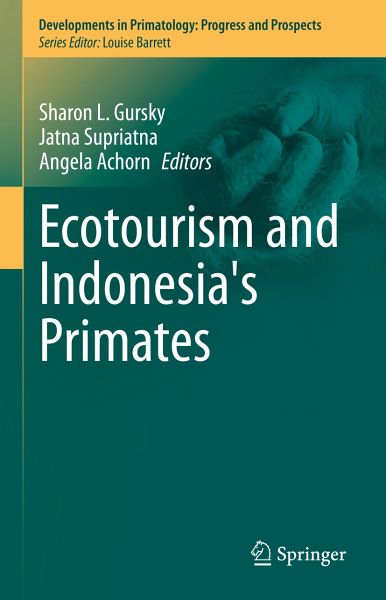
Ecotourism and Indonesia's Primates (eBook, PDF)
Versandkostenfrei!
Sofort per Download lieferbar
60,95 €
inkl. MwSt.
Weitere Ausgaben:

PAYBACK Punkte
30 °P sammeln!
The basic goal of the volume is to compile the most up to date research on the effect of ecotourism on Indonesia's primates. The tremendous diversity of primates in Indonesia, in conjunction with the conservation issues facing the primates of this region, have created a crisis whereby many of Indonesia's primates are threatened with extinction. Conservationists have developed the concept of "sustainable ecotourism" to fund conservation activities. National parks agencies worldwide receive as much as 84% of their funding from ecotourism. While ecotourism funds the majority of conservation activ...
The basic goal of the volume is to compile the most up to date research on the effect of ecotourism on Indonesia's primates. The tremendous diversity of primates in Indonesia, in conjunction with the conservation issues facing the primates of this region, have created a crisis whereby many of Indonesia's primates are threatened with extinction. Conservationists have developed the concept of "sustainable ecotourism" to fund conservation activities. National parks agencies worldwide receive as much as 84% of their funding from ecotourism. While ecotourism funds the majority of conservation activities, there have been very few studies that explore the effects of ecotourism on the habitat and species that they are designed to protect. It is the burgeoning use of "ecotourism" throughout Indonesia that has created a need for this volume where the successes and pitfalls at various sites can be identified and compared.
Dieser Download kann aus rechtlichen Gründen nur mit Rechnungsadresse in A, B, BG, CY, CZ, D, DK, EW, E, FIN, F, GR, HR, H, IRL, I, LT, L, LR, M, NL, PL, P, R, S, SLO, SK ausgeliefert werden.



